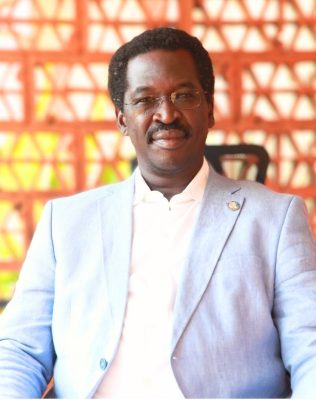Who We are
CAFOMI is a leading local humanitarian organization in Uganda, founded and led by experienced returnee diaspora humanitarian, human rights and development professionals.
CAFOMI is an NGOsource Certified Public Charity organization for U.S. grantmakers. The organization blends experience, knowledge and expertise with a team of professionals and volunteers to develop and implement innovative emergency humanitarian assistance and post emergency durable solution programs with full participation of persons of concern.
- Why Forced Migrants are Refugees
- CAFOMI areas of operations and its partners.
- Emergency Response and Preparedness programme
- Water Sanitation and Hygiene Promotion programme (WASH)

Our Vision
Forced migrants (refugees) live dignified lives to acceptable international standards and positively contribute to development among their host community
Our Mission
Engender a highly professional humanitarian service and response managed by Ugandan nationals to international standards.
Our Goal
Humanitarian services and complex emergencies effectively and efficiently managed by Ugandan nationals enabling a transient forced migrant (refugee) population to live dignified lives amongst their host community.
Our Values
- Professionalism and commitment
- Transparency and Accountability
- Teamwork and Participation
- Partnerships
- Respect and Integrity
- Multiculturalism and Diversity
- Constant Learning and Development
Our Expert Team

George Francis Iwa
Co-founder and Executive Director

Dismas Nkunda
Chairperson of the Board

Ayikanying Morris
Programmes coordinator

